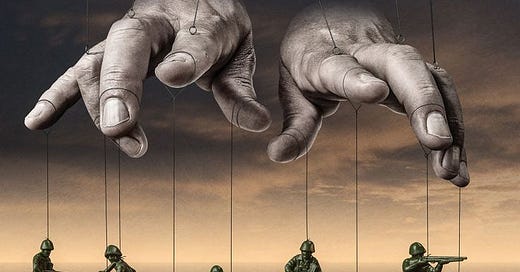Is It Too Late to Make It Official?
ICJ ruling on Israel’s occupation comes after a point where 39,000 Palestinian’s have been confirmed dead since October 7th.
Keep reading with a 7-day free trial
Subscribe to Her Issue to keep reading this post and get 7 days of free access to the full post archives.




